How much does it cost to charge an electric car?
Is it really cheaper than gasoline?
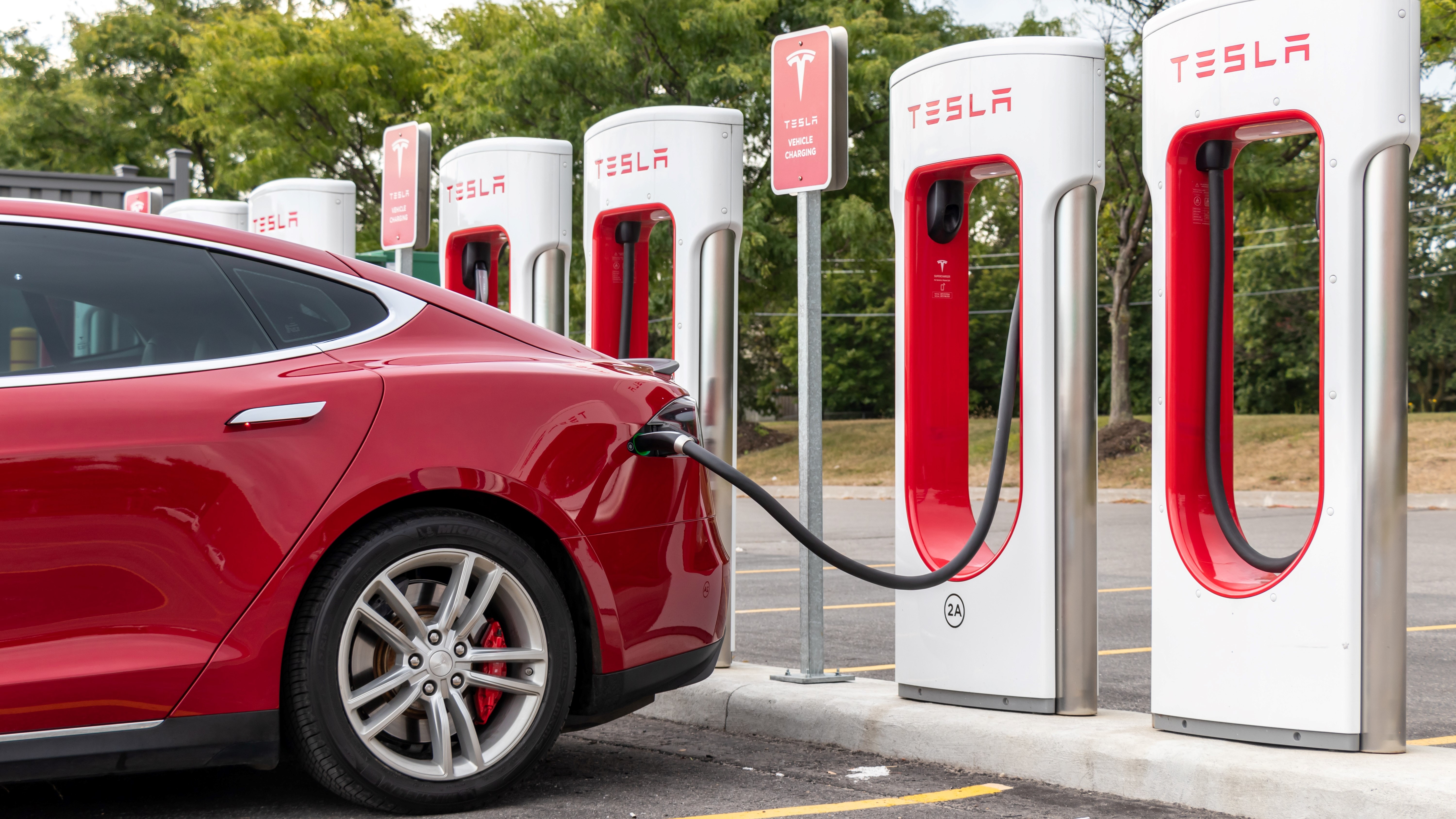
Here at Tom’s Guide our expert editors are committed to bringing you the best news, reviews and guides to help you stay informed and ahead of the curve!
You are now subscribed
Your newsletter sign-up was successful
Want to add more newsletters?

Daily (Mon-Sun)
Tom's Guide Daily
Sign up to get the latest updates on all of your favorite content! From cutting-edge tech news and the hottest streaming buzz to unbeatable deals on the best products and in-depth reviews, we’ve got you covered.

Weekly on Thursday
Tom's AI Guide
Be AI savvy with your weekly newsletter summing up all the biggest AI news you need to know. Plus, analysis from our AI editor and tips on how to use the latest AI tools!

Weekly on Friday
Tom's iGuide
Unlock the vast world of Apple news straight to your inbox. With coverage on everything from exciting product launches to essential software updates, this is your go-to source for the latest updates on all the best Apple content.

Weekly on Monday
Tom's Streaming Guide
Our weekly newsletter is expertly crafted to immerse you in the world of streaming. Stay updated on the latest releases and our top recommendations across your favorite streaming platforms.
Join the club
Get full access to premium articles, exclusive features and a growing list of member rewards.
How much does it actually cost to charge an electric car? Well that’s like asking how long it takes to charge an electric car, or the length of a piece of string. The simple answer to this question is “it depends.” Which is not at all helpful if you’re trying to figure out how to compare the running costs of a combustion engine car against one of the best electric cars.
Fortunately it’s not all that difficult to figure it out. Much like how a gas tank can only hold a finite amount of gas, an electric car battery is only able to hold so much power. And most automakers tend to advertise this figure rather prominently.
Once you have that figure it’s incredibly easy to figure out how much it costs to charge an electric car from 0 to 100%.
How much power can an electric car battery store?
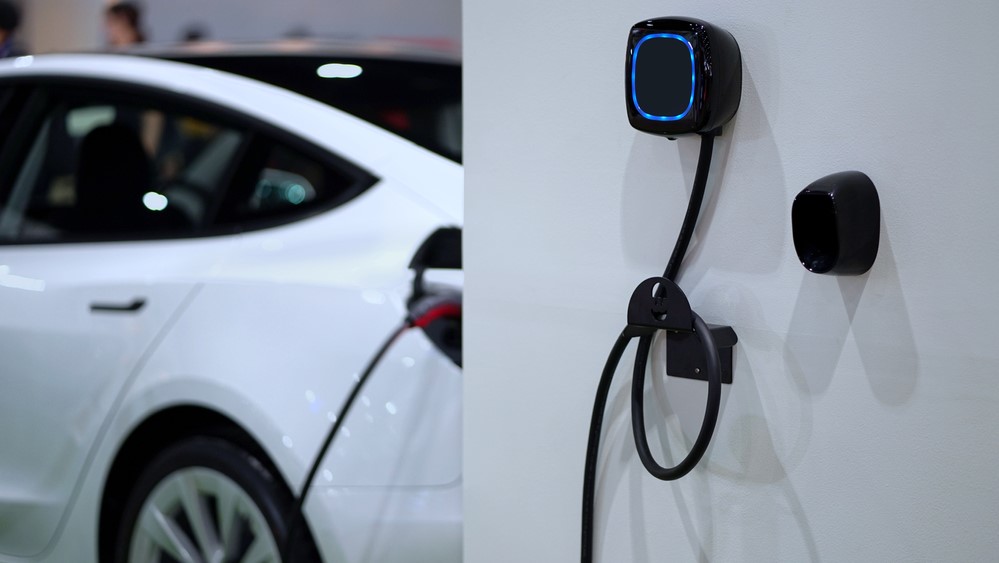
All lithium-ion batteries are rated by their ability to store power in watt hours (Wh), or amp hours (Ah) if you’re talking about smaller devices like smartphones. The capacity of an electric car battery is measured in kilowatt hours (kWh), on account of their size — with each kilowatt hour consisting of 1,000 watt hours of electricity.
It’s not to be confused with a kilowatt (kW), which is a way of measuring power output. You may see kilowatt used to describe a car’s output, comparable with mechanical horsepower, and as a way to gauge charging speed.
The size of an electric car battery varies from car to car, but the smallest ones you’ll typically find on the road are in the 30-plus kWh range. Smaller ones do exist on the roads, like the 24 kWh gen 1 Nissan Leaf, but they have long-since ceased production and will only be available in the used car market.
The largest electric car batteries can reach triple figures. The Mercedes EQS features a 107.8 kWh battery, while the gargantuan GMC Hummer EV needs a 200 kWh battery to get around. That battery is so big that it weighs more than a Honda Accord, and shows just how much power you can store in a single place if you have enough room.
Get instant access to breaking news, the hottest reviews, great deals and helpful tips.
How do you calculate how much it costs to charge an electric car?
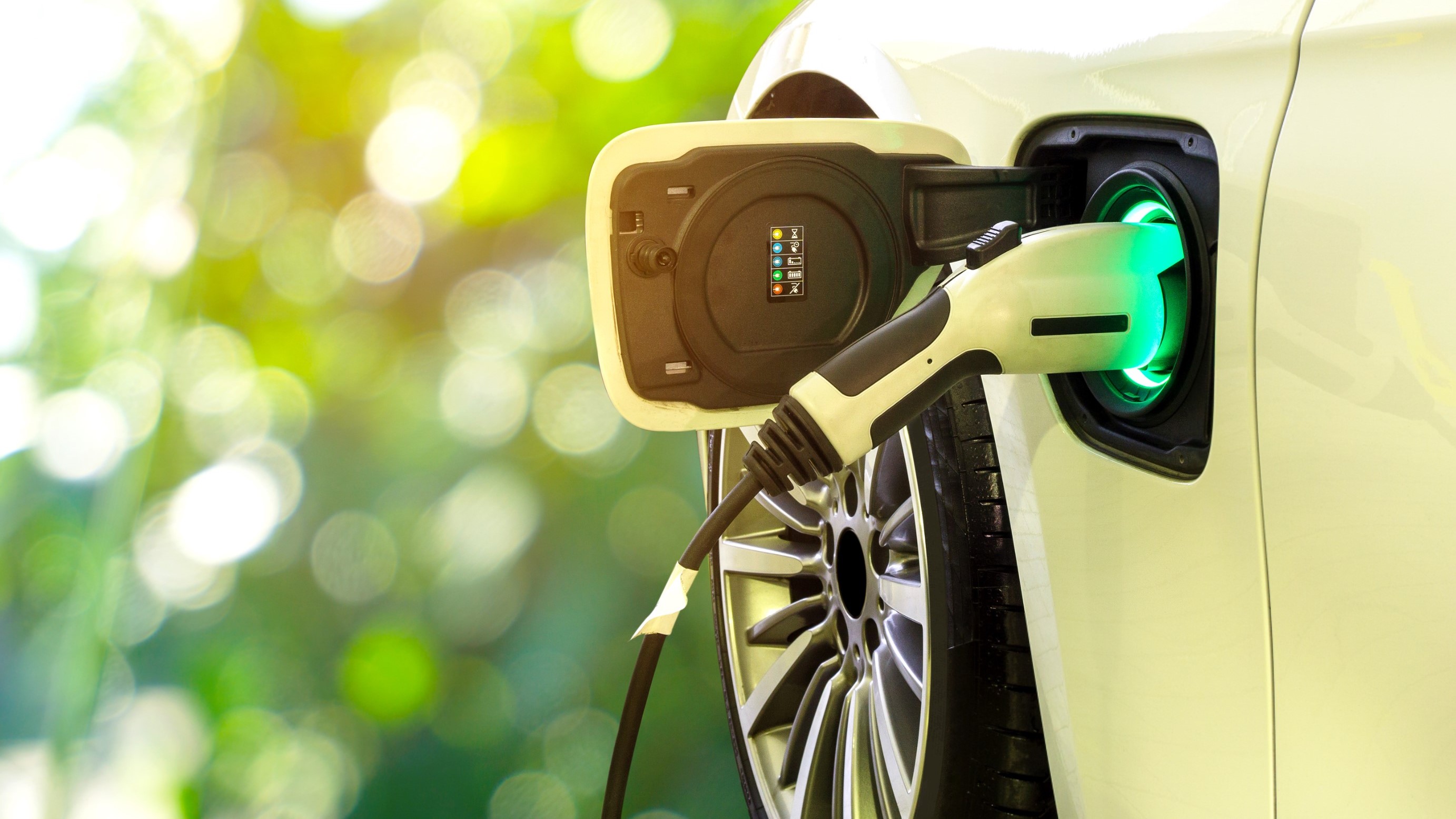
Thankfully electric car batteries and units of electrical energy are measured in the same way. Your home energy use is measured in kilowatt hours, and the rate set by your energy company will tell you how you need to pay for each individual unit.
Once you know that figure, figuring out how much it’ll cost you to fully charge an electric car battery is as simple as punching numbers into a calculator. Let’s do an example.
According to the U.S. Energy Information Administration (EIA), the average cost of residential energy in the United States during August 2022 was 15.95 cents per kWh. Should you drive an entry-level Nissan Leaf, complete with a 40 kWh battery, a full charge is going to cost you 40 times that figure — which is 638.
That means the average cost of fully charging that Nissan Leaf, in August 2022, is $6.38. According to EPA range testing, that nets you 149 miles of range.
Granted energy prices vary from place to place, and where you live is going to have a massive impact on the price of recharging, But the same is true of gasoline, if that’s any consolation.
The state with the most expensive electricity in August 2022 was Hawaii, where it cost 45.73 cents per kWh on average. On the mainland it was New Hampshire, with an average cost of 27.47 cents per kWh. The cheapest state was Washington, with an average price of 10.37 cents per kWh.
That means residents of Hawaii will pay $18.29 to charge a Nissan Leaf, with New Hampshirites paying $10.99. Meanwhile Washington residents will only have to pay $4.15. When you consider that the national average for a gallon of gas is currently $3.79 according to AAA — and $5.20 in Hawaii — you can see where you can start saving money.
Here are some more examples on how much it would cost to recharge some of the U.S.'s most popular electric cars — and the gargantuan Hummer EV.
| Row 0 - Cell 0 | $0.4753 per kWh (HI) | $0.2747 per kWh (NH) | $0.1037 per kWh (WA) | $0.1595 per kWH (U.S. Av) |
| Nissan Leaf (40 KWh) | $18.29 | $10.99 | $4.15 | $6.38 |
| Tesla Model 3 RWD (57.5 kWh) | $26.29 | $15.79 | $5.96 | $9.17 |
| Chevy Bolt (60 kWh) | $27.40 | $16.48 | $6.22 | $.957 |
| Ford Mustang Mach-E (75.7 kWh) | $34.60 | $20.79 | $7.85 | $12.07 |
| Tesla Model Y (82 kWh) | $37.50 | $22.52 | $8.50 | $13.08 |
| Ford F-150 Lighting (98 kWh) | $44.81 | $26.92 | $10.16 | $15.63 |
| Hummer EV (200 kWh) | $91.46 | $54.94 | $20.74 | $31.90 |
How much does it cost to use a public car charger?
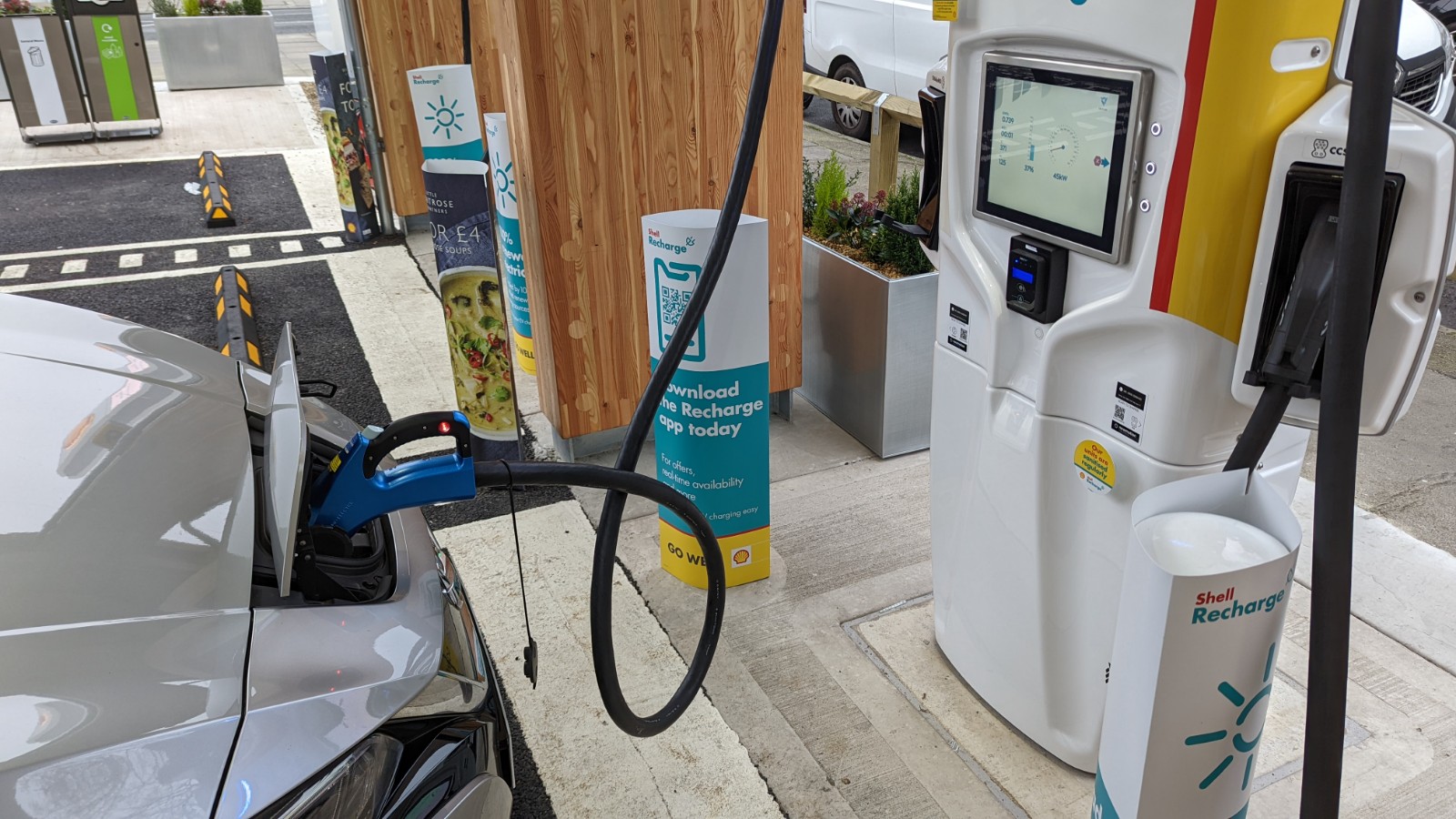
It’s often repeated that the best place to charge your electric car is at home, with a dedicated EV charging station. For the most part this is true, because your home energy rate will likely cost less than you’d pay at a public car charging station. They are essentially energy resellers, buying and then selling energy through chargers at a profit.
How much charging networks charge also varies, but the general rule is that the faster the charging speed the more you’re going to have to pay. So a 7 kW level 2 charging station may take a few hours to recharge your car, but if you’re paying by the kWh it should cost you much less than a level 3 rapid charger that can do it in half an hour.
However the way you’re charged for public car charging is also dependent on the state you’re in. The majority of states allow EV charging networks to charge by the kWh, which makes it easier to figure out how much you’re likely to pay. Other states only allow charging by the hour, which makes it more difficult to calculate.
But of course, it is possible to find free electric car chargers, which don’t charge you for recharging. However there are often limits, and you may be charged for staying plugged in for too long.
How does the cost of electricity compare to gasoline?

Comparing the cost of electricity and gasoline is a tricky process, and involves math. Good ol’ math. It’s insanely important, but it can be awkward to get your head around sometimes. But let’s try our best.
The first thing you should know is that according to the EPA a gallon of gasoline comprises roughly 37.7 kWh hours of energy. Per the EIA, the average price of gasoline in the U.S. on October 31 2022 was $3.742 a gallon.
Your first instinct may be to compare that cost vs the equivalent cost of electricity. Based on the August 2022 average above, 37.7 kWh of electricity costs $6.01. Which is a higher number. If you’ve heard the stories that electric cars have cheaper running costs than a combustion engine, this is probably quite confusing.
The truth is it’s a little more complex than a direct dollar to kWh conversion, because you also need to compare the efficiency of pure electricity vs gasoline in a car.
The internal combustion engine is not an efficient machine. According to the U.S. Department of Energy, a traditional gasoline engine converts around 12-30% of its energy into moving the wheels. Diesel is a little more efficient, but practical limitations mean heat engines like the internal combustion engine typically operate at 30-50% efficiency.
As for electric cars? A car’s electric motor can be as high as 90% efficient, with the Department of Energy stating that EVs will use at least 77% of energy drawn from the grid to power the wheels.
So while a gallon of gasoline might be cheaper than the equivalent amount of electrical power (on average), the combustion engine is only able to utilize a fraction of the available energy. So that $3.742 you paid for a gallon of gas isn’t applying the full 37.7 kWh of motion to the wheels. It’s actually closer to 11.3 kWh, assuming an efficiency rate of around 30%. That means you're paying roughly 33 cents per kWh of usable energy.
Meanwhile, assuming an efficiency rating of 77%, your $6.01 gets you 29 kWh of wheel movement out of an electric car motor. That’s roughly 20 cents per available kWh, or 1.65 times cheaper per kWh than gasoline based on these rough calculations.
Always check the mileage, even in an electric car
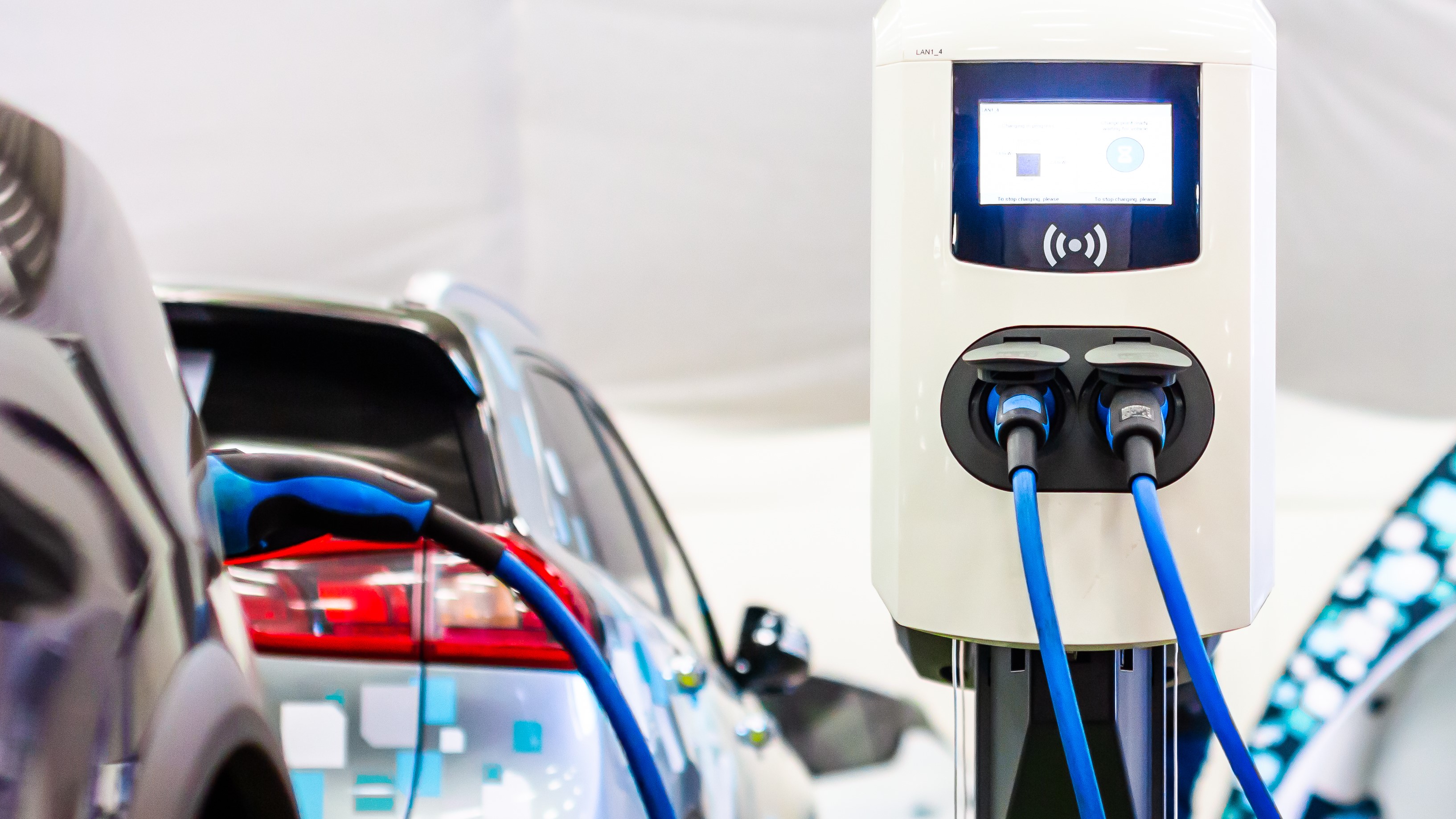
Granted, this sort of comparison can be tricky, and the much simpler answer is to find out what an electric car’s mileage is, and compare that to a gasoline alternative. The EPA testing cycle includes calculating an electric car’s miles per gallon equivalent (MPGe), which makes a direct comparison as simple as comparing two numbers.
Unsurprisingly electric cars outpace their combustion-powered counterparts by quite a bit. The Department of Energy has a list featuring 2022’s most efficient cars in 8 major categories, and five of them feature an electric car in the top spot. Take EVs out of the picture, and the difference in mileage is pretty apparent.
The Tesla Model 3, for instance, has a Combined MPG of 132 miles per gallon. The most efficient non-electric mid-size, a Toyota Prius Eco, only gets 56 MPG. In fact none of the combustion engine cars offer more than 59 miles per gallon. The lowest mileage EV in a top position is the Porsche Taycan GTS, with 83 MPG. All the other electric cars offer over 100 MPG.
Automakers generally make their electric cars’ mileage well known. But if you want to be able to compare mileage quickly, the Department of Energy has a tool that lets you look up a car’s mileage by make and model.
Bottom line
It's not always obvious how much it'll cost to charge an electric car, or even how that will compare to gas prices in your area. Odds are that it'll be cheaper, though that will depend on where you charge and how much you will be paying for each kWh of power.
Thankfully knowing your car's battery capacity and the price of a kWh of power means it takes a few seconds on a calculator to figure it out. Just remember that you often won't be doing a full recharge, starting well above zero and likely stopping at around 80% — as is good practice. So in reality each charging session will cost you even less, but that's something you'll figure out and remember the more you drive around.

Tom is the Tom's Guide's UK Phones Editor, tackling the latest smartphone news and vocally expressing his opinions about upcoming features or changes. It's long way from his days as editor of Gizmodo UK, when pretty much everything was on the table. He’s usually found trying to squeeze another giant Lego set onto the shelf, draining very large cups of coffee, or complaining about how terrible his Smart TV is.
 Club Benefits
Club Benefits










